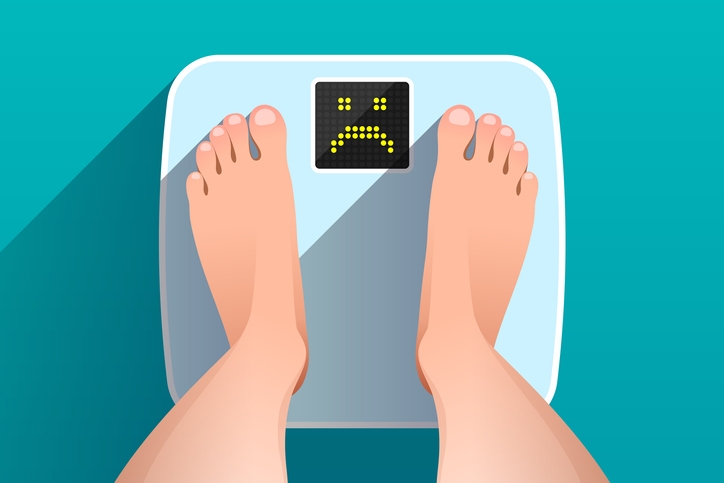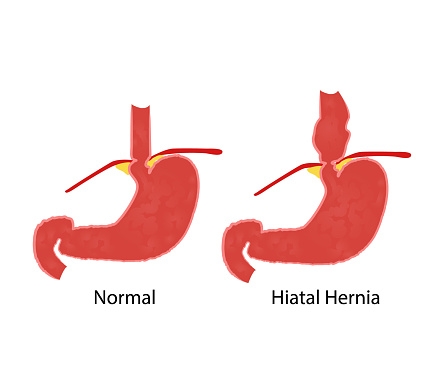How To Break A Stall After Weight Loss Surgery
Bariatric surgery is an effective way to reach your weight loss goals, and you’ll see a lot of progress in the first few months. However, sooner or later, your weight loss may seem to stall out. That can be frustrating, but it’s actually more of a milestone than an obstacle.
Plateaus are part of the process. They don’t necessarily mean you’ve done anything wrong. That said, there are ways to get past them.
Plateaus After Weight Loss Surgery
Somewhere between 3 and 12 months after your surgery, you’ll likely see that the number on your scale stops decreasing. That’s what we call a plateau, and it usually results from your body’s tendency to burn muscle as well as fat as you lose weight. Lost muscle can impact your metabolism, so part of overcoming a plateau will involve increasing muscle mass.
You’ll most likely plateau a few times during your weight loss journey, and each time, you’ll have to make some adjustments to break through. The tactics you can use to overcome a weight loss plateau are explained in detail below.
Tactic 1: Protein Over Carbs
First, keep prioritizing protein. As you cut your calorie intake, your body will enter a sort of hibernation state as it starts using muscle mass as fuel.
Continue to keep carbs down and protein intake up. Nuts, beans, eggs, and lean meats like fish can all help you keep protein up, as can low-fat milk products like Greek yogurt. Take care to look for sources that are low in fat and sugar when adding protein.
Tactic 2: Build Muscle
In addition to high protein intake, you’ll also need to keep exercising. If it feels like you’ve gotten used to your current workout routine, you might want to increase the intensity a bit to keep it challenging. Make your muscles work, and they’ll help you keep moving toward your weight loss goals.
Changing up your routine can also help you stay motivated. Run someplace different, try a new sport, etc. Keep it fresh and new, and you’ll find it easier to keep at it.
Tactic 3: Hydrate
Hydration is a vital part of the metabolic process. Your body is mostly made up of water, so sufficient water intake helps with your overall health in addition to weight loss. At the very minimum, you should drink 64 ounces of water every day. Be careful to drink water between meals, not with them. Your stomach isn’t large enough to hold very much so you won’t want to over fill it with food and liquids together. Wait about 30 minutes after drinking a glass of water before eating and allow about 30 minutes after a meal before you drink as well.
Tactic 4: Change Up Your Meal Schedule
Finally, prolonged periods without food can contribute toward your body’s hibernation state, so it may be worth changing up your meal schedule to prevent lost muscle mass. For example, rather than three larger meals per day, you might opt for six smaller ones at more frequent intervals.
Additional Tips for Overcoming a Stall in Weight Loss
As you work to restart weight loss after gastric bypass or gastric sleeve surgery, remember that not everyone is the same. What works for one person may not be as effective for another, so keep that in mind as you work to get past a plateau.
In addition to the tactics described above, the following tips may also help:
- Remember that a plateau is normal. It doesn’t mean you’re failing.
- Take regular measurements aside from weight. Your body will change in ways that are measured in inches rather than pounds.
- Get plenty of sleep. Eight hours per night is ideal.
- Focus on nutrition. Get plenty of nutrients, either from your diet or from supplements.
- Stay in touch with a dietitian, your bariatric surgeon, and supportive loved ones. They’ll help keep your motivation up.
Common Questions and Conclusion
To wrap things up, here are a few questions we often get from people who are working past a weight loss plateau.
How long does it take to break a weight loss plateau?
Eight to twelve weeks is the norm, but it depends on the individual. Keep working on it. You’ll get through it.
How long does a stall last after gastric sleeve?
Again, it depends. Your first stall could be a few days, or it may last a few weeks.
How do you break a weight loss plateau fast?
Apply the tips in this article, and you should be fine. If you have further difficulties, you may want to contact your surgeon or dietitian.
If you have further questions about getting past a plateau, or if you’re considering bariatric surgery, contact Dr. Malladi today.







